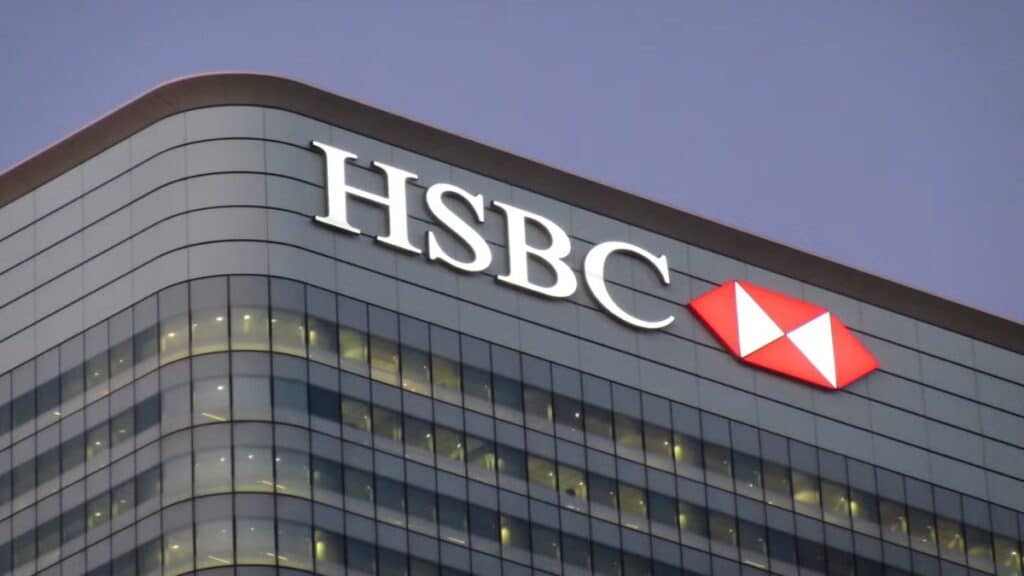Global banking giant HSBC is accelerating its move into blockchain-based finance, announcing plans to roll out tokenized deposits for corporate clients in the United States and the United Arab Emirates in the first half of 2026.
The initiative underscores the bank’s strategy to prioritize tokenization over issuing its own stablecoin, even as global financial institutions race to develop regulated digital-asset payment rails.
Tokenized Deposit Service Details
According to a Bloomberg report, HSBC’s upcoming Tokenized Deposit Service (TDS) will allow companies to send funds domestically and across borders within seconds, operating round-the-clock. This is an upgrade over traditional bank payment networks that are limited by business hours and geographic cut-off times.
The program will rely on distributed-ledger technology to tokenize deposits, effectively transforming corporate balances into programmable digital assets that can settle instantly on permissioned blockchain infrastructure.
Manish Kohli, HSBC’s global head of payments solutions, said demand for tokenized money is reaching a critical inflection point. “The topic of tokenization, stablecoins, digital money and digital currencies has obviously gathered so much momentum. We are making big bets in this space,” Kohli told reporters.
Tokenized Deposits vs. Stablecoins
Tokenized deposits differ from stablecoins in that they are direct digital representations of client funds held within the bank. They offer the speed of blockchain while preserving the legal structure and regulatory safeguards of traditional deposits.
For banks, this model avoids exposure to the reserve-management and redemption risks associated with issuing stablecoins, while still delivering real-time settlement capabilities that match or exceed stablecoin performance.
HSBC's Aggressive Stance in Tokenized Finance
HSBC’s expansion into tokenized finance follows several pilot programs and proofs-of-concept conducted in recent years as part of global banking consortia focused on digitizing financial infrastructure. Industry analysts say the 2026 rollout places HSBC among the most aggressive major banks pushing tokenized money into commercial use.
The bank’s move comes at a time when financial institutions worldwide, including JPMorgan, Citi, and Standard Chartered, are deploying blockchain-based deposit networks, while others are exploring stablecoin issuance. HSBC’s stance signals a bet that bank-issued tokenized deposits will become the dominant form of institutional digital money in regulated markets.

